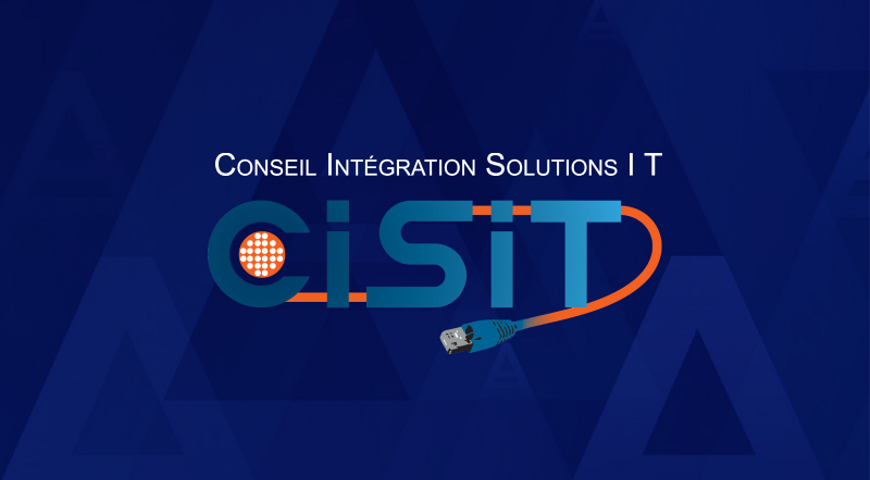Businesses are rightly concerned about what Amazon’s outage last week means to them, in terms of their plans to move some or all of their IT operations to cloud data centers. We hope that they keep cool heads and not panic. Too many of the stories being written about Amazon imply that all cloud data centers are alike, and thus prone to the same problems. Of course this is not true.
In a thorough story, Patrick Thibodeau at Computerworld observes, “…supporters are going to have a tough time arguing that the uptime delivered by cloud services is superior to anything corporate IT can deliver.”
He goes on to quote one CIO as saying, “We don’t use Amazon or any other public cloud services and we won’t, perhaps ever, or at least until there is much more transparency about where the data lives, who controls where it lives and when/where it moves, and lots of other things.”
The one thing that’s glossed over is the fact that not all cloud data centers are the same. Some are built for developers, or for quickly setting up a web server. Some are designed to provide the lowest cost possible, with commensurate risk.
But others, like nScaled’s, have been designed with enterprise IT customers in mind, and feature stronger SLAs, more redundancy, enterprise-standard technology (eg: VMware instead of Xen), tighter security, disaster recovery, and 24×7 phone support. Beyond all that, nScaled also provides Hybrid Cloud, including on-premises equipment, allowing the business customer to put primary applications and storage in the cloud while keeping a local replica for HA/DR needs.
In short, the category of “cloud data centers” comprises many architectures, feature sets, service agreements, and price points. Business customers have to do their homework and select the cloud provider that can suit their needs. Those providers exist today. Let’s not bury them while we’re busy burying Amazon.
About Acronis
A Swiss company founded in Singapore in 2003, Acronis has 15 offices worldwide and employees in 50+ countries. Acronis Cyber Protect Cloud is available in 26 languages in 150 countries and is used by over 21,000 service providers to protect over 750,000 businesses.



